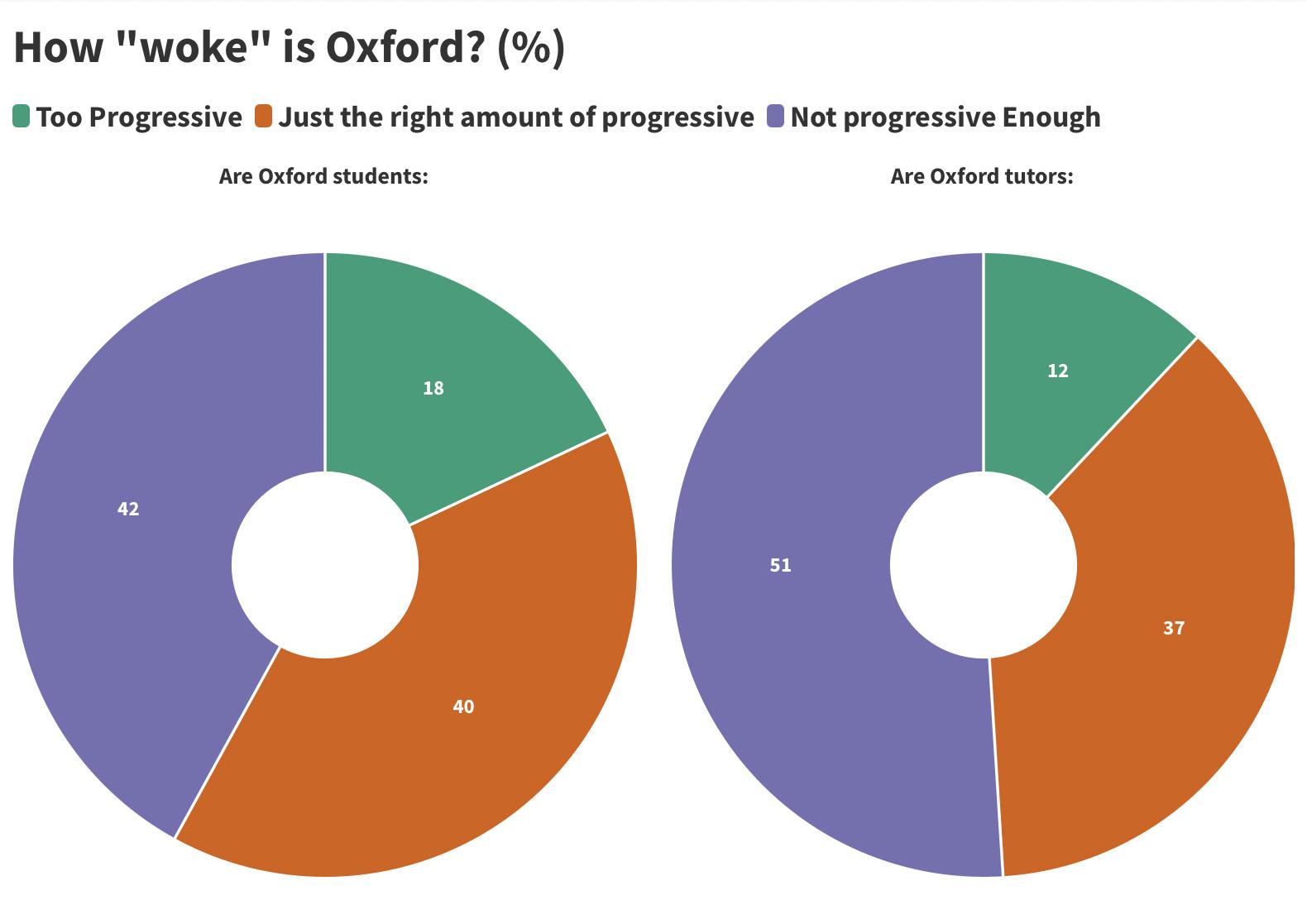
4 minute read
Independent since 1920 UCU MEGA-STRIKE: “Oxford is a Tory fnishing school”

Oxford University teaching staff took to the streets to protest against “shameful” working conditions on 1st February, in coordination with other workers’ strike action across the UK. In a march through the town centre, Oxford’s UCU members, including lecturers, administrators, and security staff, were joined by staff from Oxford Brookes University, local primary schools, and rail workers.
Advertisement
One lecturer speaking outside the Bodleian Libraries said, “we don’t get paid for the full time it takes to do the job”, claiming that lecture preparation and the time needed to mark students’ work is often “effectively unpaid”. For every one-hour lecture given, he stated that only an extra half-hour’s pay is received in many cases, which “is simply not enough time to prepare teaching materials of the calibre expected at Oxford”.
Attesting to this, a lecturer on strike from the Department of Anthropolgy told Cherwell that they were often working “late into the evening and at weekends” for no extra pay, in order to meaningfully mark student assignments. Endorsement of strike action is widespread in
Anthropology, either through UCU membership or “personal motivation”, with another lecturer saying they wanted to support the university workers on the lowest salaries, such as administrators and those on fxed-term contracts. “It’s incredibly diffcult for young people coming into education to reach a permanent position” they explained, giving the example of two Mst. Creative Writing lecturers who are currently suing the university over “gig economy contracts” (p.3.) A third Anthropology lecturer at the protest added that “the commodifcation of education is getting worse every year”. They hope continued action and the potential to go on strike from marking exam papers in summer will result in positive negotiations with the University, for both permanent contracts and higher pay.
Gerard Ward, an associate lecturer in Law at Oxford Brookes University, believes that the ongoing decline in working conditions is due to the longterm “rinsing of the student loan system” by universities. Despite increases in undergraduate tuition fees and accommodation costs, Ward told Cherwell that the money often hasn’t been directed in the right ways, with funding being poured into “prestigious research projects” as opposed to workers’ salaries. Like those at Oxford University, Ward said many members of teaching staff at Brookes have precarious short-term contracts, adding that, alongside the decline in working conditions, “general insecurity of staff employment is ultimately not good for students.”

John Wadesdon, a member of security staff at the Bodleian Libraries, said it was important that strikes are taking place here in Oxford. “It’s a Tory fnishing school,”
Oxford remains one of the most expensive cities in Europe to live in, with another speaker at the protest saying that it’s “shameful” that teaching staff on “most likely illegal” contracts are struggling to fnd affordable housing while employed by such a prestigious university.

Full story at cherwell.org
Kick in the Balls: ticket prices increasingly unaffordable

Cherwell has found that college balls are becoming less affordable, despite increased access initiatives. While the median standard ticket price has decreased over the last year, the median price of “access tickets” has increased. Students from low-income backgrounds or facing fnancial hardships are often priced out of attending balls, even at their own college.

Last week, the news of the St Hugh’s Ball cancellation angered many Hugh’s students and raised concerns for those who had purchased an access ticket for this event. These tickets were amongst the cheapest on offer this season, being sold at half price, £57.5. Given that the stated reasoning for the failure of the ball was fnancial risk, tied to insuffcient ticket sales, this raises deeper concerns than access to one event.

In regards to affordability of balls at Oxford, there is a serious question for whether accessibility remains affordable.

The median ticket prices for both white and black tie college balls are lower than last year’s by about £11. The price of the median access ticket, however, has risen by about £25. This exceeds the impact of infation, meaning low-income students are paying more in real terms.
Moreover, the access tickets are amounting to less of a discount when compared to the price of a standard ticket. The median access ticket last year was 44% less than the median standard ticket, while this year it is only 41% less.
The value of the subsidies provided does not appear to correlate with the percentage of low-income students at each college, Continued on p.6.
Cherwell survey: how “woke” is Oxford, really?

Bintia Dennog reports.
Aright-leaning think tank has described Oxford as the secondmost “radical progressive” university in the UK, following Cambridge. However, a Cherwell poll of around 200 students suggests that Oxford students disagree with this – 42% of respondents voted that Oxford students are not progressive enough and 51% voted that the teaching staff are not progressive enough.
The college voted most ‘woke’ by a large majority was Wadham, receiving 33 votes out of 50.
Civitas, a think tank described as rightwing by the Guardian, published their Radical Progressive University Guide as part of a series on new academic realism. According to their findings, the “best and most prestigious” universities tend to be the most progressive, exemplified by Cambridge and Oxford who, respectively, topped the rankings.
Their results are based on universities’ endorsement of “trigger warnings, white privilege, and anti-racism’’ along with other factors, such as free speech controversies. Universities which have definitions of ‘white privilege’ on their website, or conduct anti-racism training are considered to be more radically progressive.
Civitas allege that this newfound ‘hypermorality’ stems from the “mutation and splicing of past radicalism that include Marxism, postmodernism, feminism, Freudianism, and Maoism”.
However, Oxford students are seemingly not in agreement with these findings. According to a Cherwell study, only 18% of respondents believed that Oxford students are too progressive. 40% voted that the students were “just the right amount” of progressive, and 42% voted that they are not progressive enough.
The results for teaching staff are similar, yet more pronounced – only 12% thought that teaching staff were too progressive. 37% considered them to be the right amount of progressive and 51% of respondents voted that Oxford teaching staff are not progressive enough.
When asked for thoughts on the subject, one student said that Oxford is “probably too woke in the sense of language policing /perspective exclusion but not woke enough in terms of keeping out and holding accountable people who do actual harm”.

Another said: “New College isn’t accessible enough to have problems relating to class or race”.







